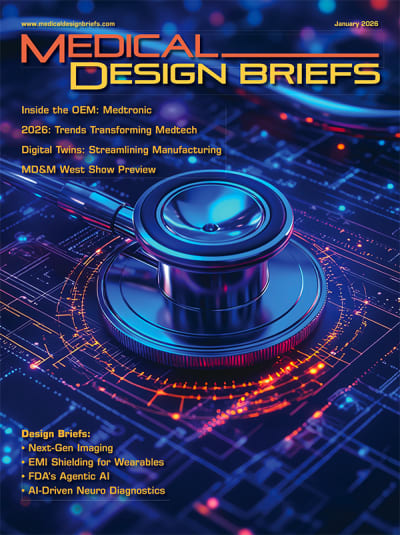
The U.S. Senate’s bipartisan legislation to expedite Medicare coverage of FDA-breakthrough-designated medical technologies and diagnostic tests could significantly impact the medical device industry and manufacturers, streamlining processes for breakthrough devices, enhancing patient access, and reducing barriers to market entry.
The legislation, “Ensuring Patient Access to Critical Breakthrough Products Act,” introduced by Sens. Todd Young (RIN) and Alex Padilla (D-CA), is similar to H.R. 1691, which the U.S. House of Representatives Ways and Means Committee passed on a bipartisan basis in June.
The legislation is designed to ensure that Medicare provides immediate or expedited coverage for devices designated as breakthrough by the FDA. This reduces delays in reimbursement that often impede patient access after regulatory approval. Moreover, faster coverage could benefit under-served populations, ensuring equitable access to cutting-edge technologies.
By coordinating FDA approval and CMS coverage timelines, manufacturers could experience less lag between obtaining regulatory clearance and achieving reimbursement approval. A streamlined pathway would likely encourage innovation by reducing financial and administrative risks for companies developing high-impact devices.
Knowing that there is a defined, expedited path to coverage for breakthrough devices might provide clarity and confidence to investors and stakeholders in the development process. In the global market, enhanced incentives for U.S.-based device development could bolster the country’s position as a leader in medtech innovation.
Such legislation has further implications for providers as well because it would enable them to integrate innovative devices into clinical workflows more quickly, enhancing care delivery and outcomes.
The specifics of Medicare coverage and how private insurers respond will determine the real-world impact of this legislation. In a statement from AdvaMed, the medtech association noted that CMS was slow to finalize an option for Medicare coverage of the procedures enabled through breakthrough devices, and that when CMS finally offered an option, the proposal was lacking, excluding diagnostics and providing for only a handful of devices to receive approval each year.
By creating a more cohesive and efficient ecosystem for breakthrough device approval and reimbursement, the legislation stands to transform patient care while fostering growth and innovation in the medical device industry.
Sherrie Trigg
Editor and Director of Medical Content
The full text of the legislation can be accessed here .



